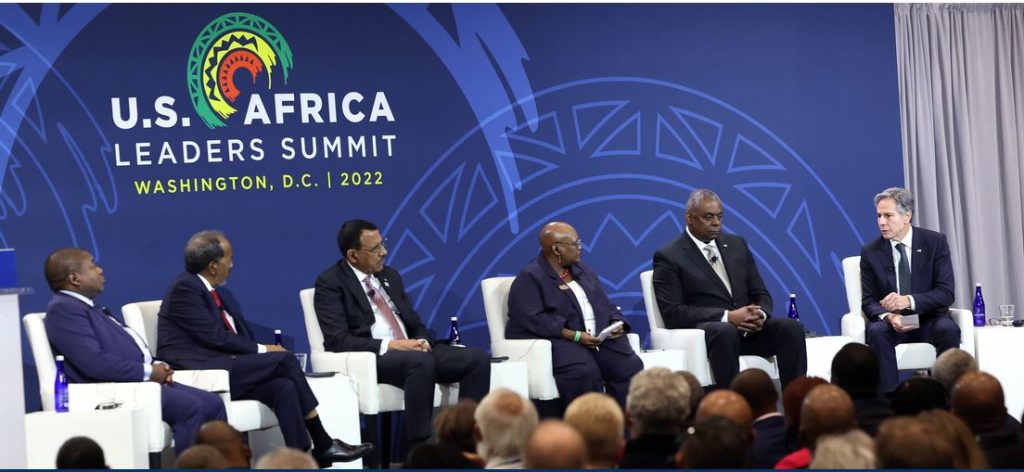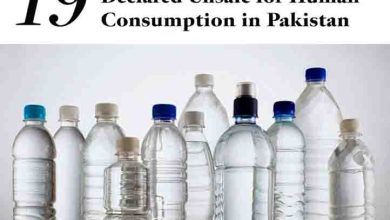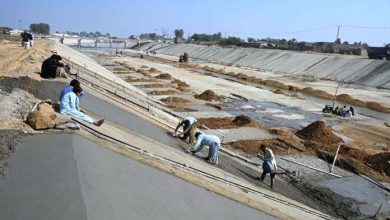#USA Launches Various Initiatives to Build Clean Energy Industry in Africa: Antony Blinken
#ClimateAction: USA to Empower African Women to Participate in the #GreenAfrica Transition
- USA to Empower African Women to Participate in the #GreenEnergy
- US to Support for #Food Insecurity across African Region
- Support for Use of Renewables in Africa

Washington: United States has launched various initiatives, packaged with loans and funds, to build the clean energy industry in Africa as part of a long-term strategy to help the region mitigate and adapt to the worst effects of #climatechange.
“We’re dealing now with a massive food insecurity crisis; it’s the product of a lot of things,” Secretary of State Antony Blinken told leaders from 49 of Africa’s 54 countries who gathered at a convention center in downtown Washington on Tuesday to discuss climate, financial, health and political challenges faced by the region.
“As we all know, it’s the product of climate change … and so, we have an immediate emergency response, especially as we’re looking at historic droughts in different places, we’re looking at famine conditions in a number of countries.”, he added.
US President Joe Biden has pledged $1.1 billion to support natural resource conservation, climate adaptation and a just energy transition in Africa since taking office.
That includes about $300 million through fiscal 2023 to support renewable energy projects. Some of the funding will be used to bolster a new U.S.-Africa Clean Energy Network to connect clean energy companies to market opportunities that will increase access to reliable clean electricity.
$25 million Loan to Build the First #SolarPower Plant in #Malawi.
Moreover, on the first day of the summit, leaders announced a new $25 million loan to build the first solar power plant in sub-Saharan Africa, in Malawi.
Empowering African Women to Participate in the #GreenEnergy
The United States will support an effort to increase the number of women in Nigeria, Kenya and South Africa participating in the green energy industry. It will give out more than $4 million in grants to support a number of clean energy projects, including a biomass power plant in Cote d’Ivoire, a clean hydroelectric power project in Sierra Leone and a battery energy storage technology project in Zambia.
Support for #Food Insecurity across Region
The African continent is one of the most vulnerable regions in a warming world, even as it has contributed little to the carbon emissions driving climate change. The Biden administration is particularly focused on addressing food insecurity across the region — which is one of the most impoverished areas of the world — because it is being exacerbated by climate change.
About 600 million people in Africa don’t have access to electricity, and one of the African Union’s main priorities entering the summit is to accelerate efforts to meet growing energy demands without sacrificing economic growth. For some countries, that means tapping all forms of energy.
Africa is still at a pivotal energy moment, where many countries are just discovering the extent of their natural gas resources, Emmanuel Marfo, chair of the Environment, Science and Technology Committee in the Ghanaian Parliament, told E&E News in a briefing. So, if western nations want to encourage a shift away from fossil fuels, there also needs to be a conversation on how to compensate those countries for leaving fossil fuels in the ground, he said.
Supporting Use of Renewables in Africa
In Africa, there is relatively little use of renewables, and as a result most countries don’t fully understand or appreciate their benefit, said Jacqueline Amongin, chair of the African Parliamentarians Network on Climate Action. Funding from the United States and other countries at the international climate talks can help shift that thinking, she said.
“Putting renewables in Africa is key because, as of now, Africa is still behind in adopting different technology,” said Amongin. “Africa contributes minimally to emissions, but we all have to act because the impacts are huge on the continent.”
#ClimateInnovation for #Africa
With a growing population and a strong push for development, “the region is going to be critical for us in term of meeting global poverty alleviation goals, global growth goals, but also meeting our climate goals,” said Lily Odarno, director of energy and climate innovation for Africa at the Clean Air Task Force.
#Africa Needs Tangible Investments
African leaders are seeking tangible investments in the continent’s future, “not promises of something to come,” Amani Abou-Zeid, the African Union’s commissioner for infrastructure and energy, said at the Carnegie event.
Worst Impacts of Climate Change in #Africa
At the same time, the African Development Bank Group estimates that the continent loses between 5 percent and 15 percent of its gross domestic product each year to the impacts of climate change.
South Africa’s Clean Energy Transition
The United States has committed more than $1 billion from various government agencies to help accelerate South Africa’s clean energy transition. That money, part of a $8.5 billion package, helped kick off a Just Energy Transition Partnership program that the United States, United Kingdom, France, Germany, Japan and European Union are leading to help emerging economies shift from fossil fuels to renewables.
By: M.A







